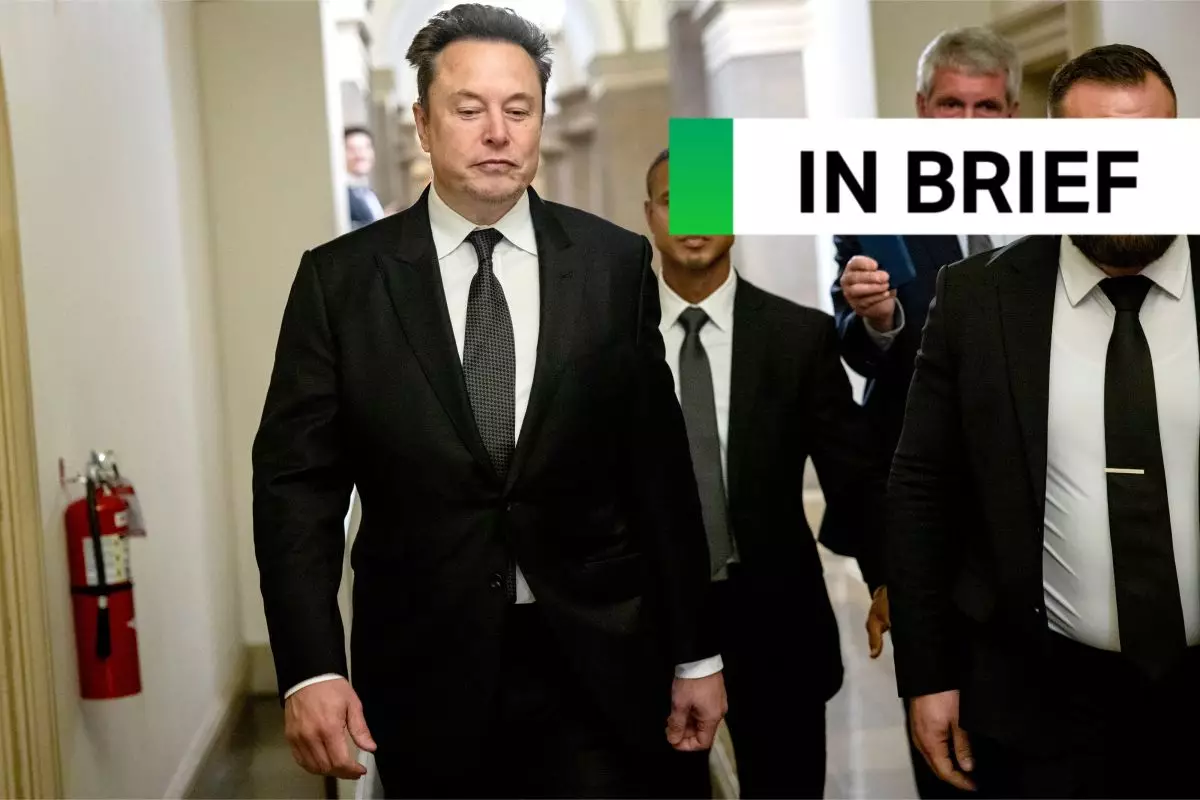In a recent decision that has sparked controversy and debate, the Supreme Court in Brazil has ordered an immediate suspension of the X platform across the country. This move comes after a prolonged legal battle between Elon Musk’s social media company and the Brazilian authorities over content moderation issues. The court’s decision has raised questions about freedom of speech and censorship in the digital age.
The court’s ruling includes a provision that imposes daily fines of 50,000 reais, which is equivalent to $8,900, on anyone using a VPN to access the X platform. However, it remains unclear how the authorities intend to enforce this decree. This raises concerns about the practical implications of the suspension and its impact on internet users in Brazil.
Earlier this month, X made the decision to cease its operations in Brazil as a form of protest against court orders demanding the removal of accounts supposedly spreading misinformation. The company cited pressure from Brazilian Supreme Court Justice Alexandre de Moraes, who allegedly threatened their legal representative with arrest if they did not comply with censorship orders. This standoff between X and the Brazilian authorities highlights the challenges faced by social media platforms in navigating legal and regulatory frameworks in different countries.
Despite the court’s decision, X has remained defiant in its stance against censorship. The platform’s global affairs team expressed their refusal to comply with what they termed as “illegal orders” aimed at censoring political opponents. In response to the Supreme Court’s demands, X has stated that it will not adhere to the orders and plans to publish the court’s requests in the near future. This defiant stance by X sets the stage for further legal battles and challenges in the realm of content moderation and freedom of expression online.
The suspension of the X platform by the Supreme Court in Brazil underscores the complex and contentious nature of content moderation in the digital age. The clash between X and the Brazilian authorities highlights the ongoing struggle to balance freedom of speech with the need to combat misinformation and harmful content online. The outcome of this legal battle will have far-reaching implications for the future of social media regulation and the protection of digital rights.

